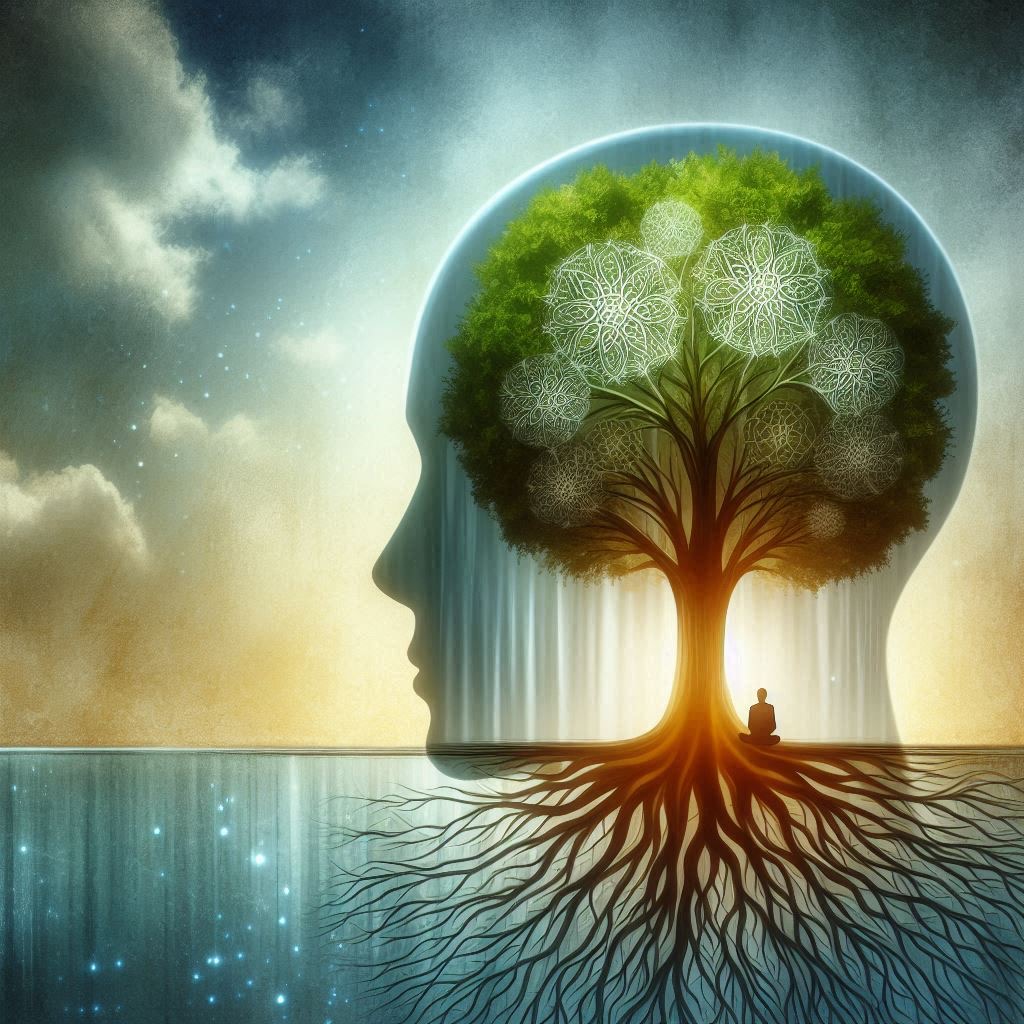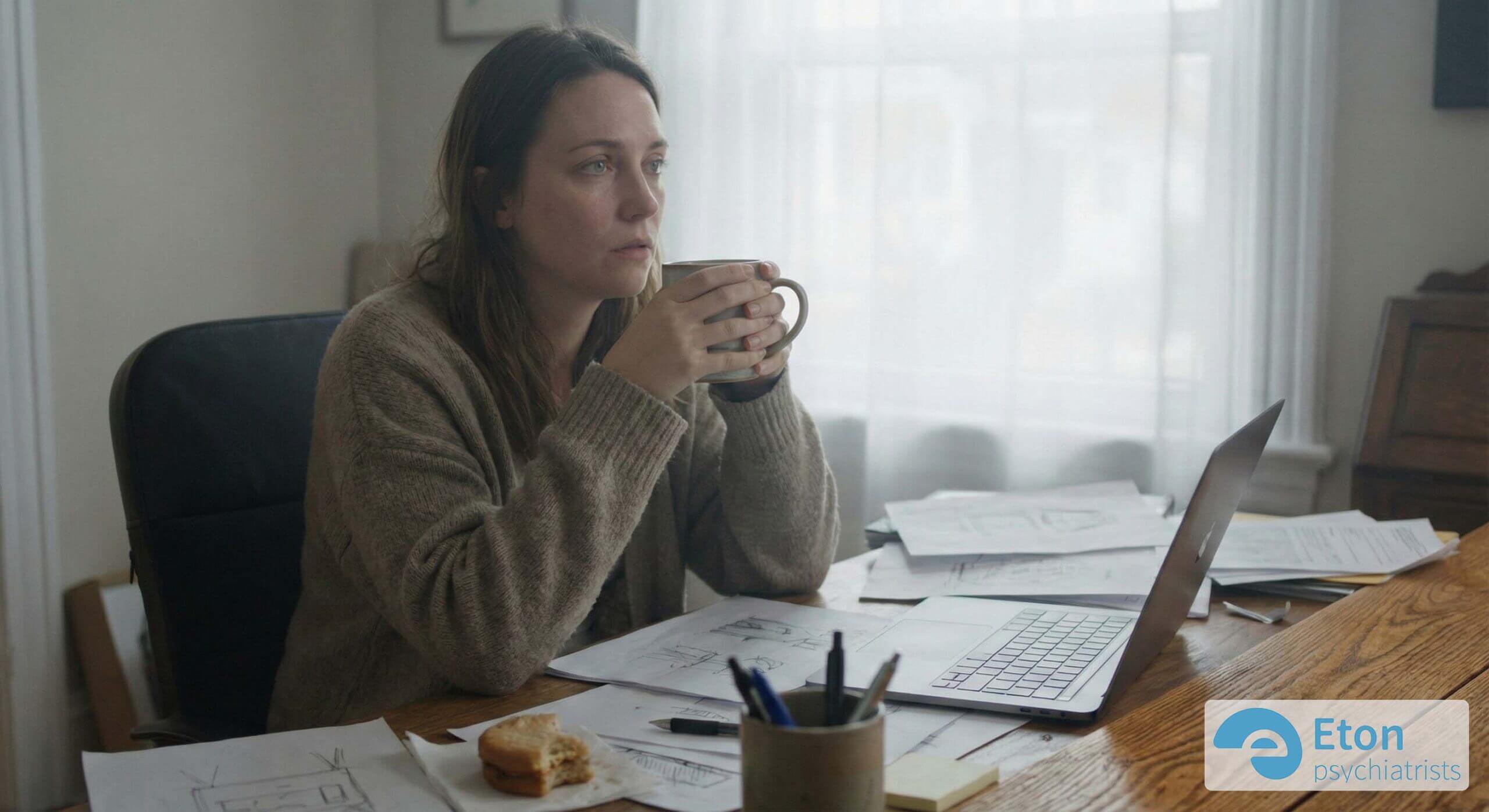
Journey to Understanding Autism and ADHD
This article shares the deeply personal and transformative experience of one of our patients, offering insight into their journey with mental health challenges. The narrative highlights the significant impact of a compassionate healthcare provider, particularly Dr. Rostamipour, and aims to provide a deeper understanding of the complexities involved in diagnosing and managing conditions like anxiety, depression, autism, and ADHD.
Background: Struggling with Anxiety and Depression

Before seeking private help and meeting Dr. Rostamipour , I had been diagnosed with anxiety and depression for about 10 years. Not one professional in the health service had ever considered that I might have undiagnosed autism or ADHD. During school, it was acknowledged that I was different, and I was told I was dyslexic at one school but not at the next.
Misunderstood During a Mental Health Crisis
One of my worst experiences was during a mental health crisis when I was told that if I just lost weight, I would be happy and fine. It was totally reductive and dismissive of my emotions, symptoms, and experiences. I felt completely misunderstood and isolated.
The Possibility of Autism and ADHD
Because of these experiences, I never thought it was possible for me to have autism or ADHD. The first time the possibility was suggested was by someone with ADHD who thought I might have it too. I went to my therapist, and they actually thought I might have autism but not ADHD.
A Lifetime of Struggles: Fitting In and Coping
For my whole life, it seemed like everyone else found things easy. For me, everything was a struggle—fitting in, making work, maintaining friendships and relationships. I rarely felt understood. I’ve done so much work to try to understand myself and learn to cope, but I always felt like I was fighting a losing battle. I thought that if I got a diagnosis, it would help me understand myself better and learn how to cope.
The Turning Point: Meeting Dr. Rostamipour

When I first went for my assessment, I was scared. What if I was a fraud or wasting someone’s time? But Dr. Rostamipour was kind and explained everything. He told me his background and how the process worked. When I got my first diagnosis of autism and the recommendation for an ADHD assessment, I felt relieved—I wasn’t a fraud. At last, I had a reason for why I was different, but I also thought, “Well, what now?” It felt like a problem to be fixed, but I also felt a sadness, knowing that I might always find some things difficult.
Unexpected ADHD Diagnosis: A Revelation
I was initially very surprised when ADHD was mentioned, as I had been basing my views on the symptoms typically seen in men. I did some research into ADHD in women, and the symptoms began to resonate with me. I pursued another assessment, and Dr. Rostamipour was again kind. I received my ADHD diagnosis. He explained the medications, therapy options, and accommodations I could ask for at work. Though a bit overwhelmed, I was relieved that care didn’t stop at the diagnosis. I was introduced to Bruce and have been seeing him regularly. I have hope for a more positive future.
Learning to Thrive: Medication, Therapy, and Support

I’m now on a journey to understand how both diagnoses affect me and toward self-acceptance, and I’ve started educating my family. I’m a few months into my medication, and while my dose isn’t yet final, I’ve already begun to notice benefits: daily tasks are getting easier, and I’ve even been praised at work for my organization (which I never thought would happen). I look forward to continuing to work with Bruce to understand myself better and develop skills to cope with overwhelming or overstimulating areas of my life. I hope to gain the confidence to advocate for myself instead of fearing that asking for accommodations makes me a burden.
Challenges with Standardized Assessments
In terms of the generic screening questions for autism and ADHD, I found them too black-and-white. Some of my answers didn’t fit neatly into “yes” or “no.” My assessment was more of a conversation, and Dr. Rostamipour used our discussions to guide the answers. Some symptoms I never associated with myself were revealed through this process. For example, I didn’t think I was bad at organization, but it turned out that what I considered “organization” wasn’t actually effective. If I had answered the assessment questions without that conversation, the results may have been different. I actually learned a lot about myself during the assessment.
I also felt that the ADHD questions were more geared toward male symptoms. I was grateful to have someone who understood ADHD as a whole to help guide me through the process.
Navigating the Complexities of Autism and ADHD
I still need to understand how my autism and ADHD interact, as some aspects seem completely opposite on paper, yet I experience them both. Overall, this is a journey of learning and acceptance. Without seeking Dr. Rostamipour and Bruce’s help, I think I would still be “surviving,” but now I’m on a path to “thriving” as best as I can with the challenges these diagnoses bring. I hope to eventually see the positive attributes of having autism and ADHD.
Advice for Others: Pursue an Assessment
If anyone suspects they might have autism or ADHD, I believe they should pursue an assessment. A diagnosis can empower individuals to advocate for themselves and help normalize these conditions. Personally, I’ve already met colleagues with autism and ADHD, and it has been freeing to connect with them without judgment. I hope to find community in this group, which is something I’ve never had before. Looking back, I think if I had known about this community earlier, I would have been less nervous at the beginning of my journey.
Final Advice from the Patient:
If anyone suspects they might have autism or ADHD, I believe they should pursue an assessment. A diagnosis can empower individuals to advocate for themselves and help normalize these conditions. Personally, I’ve already met colleagues with autism and ADHD, and it has been freeing to connect with them without judgment. I hope to find community in this group, which is something I’ve never had before. Looking back, I think if I had known about this community earlier, I would have been less nervous at the beginning of my journey.
Related Services and Resources:



